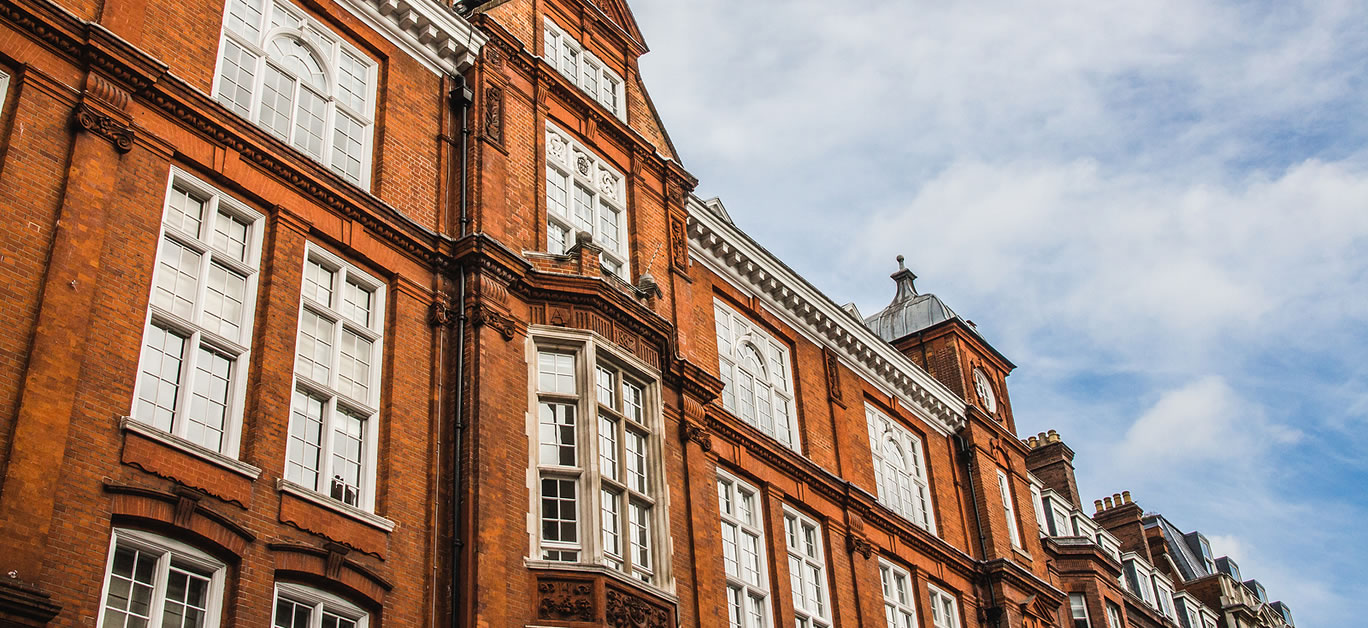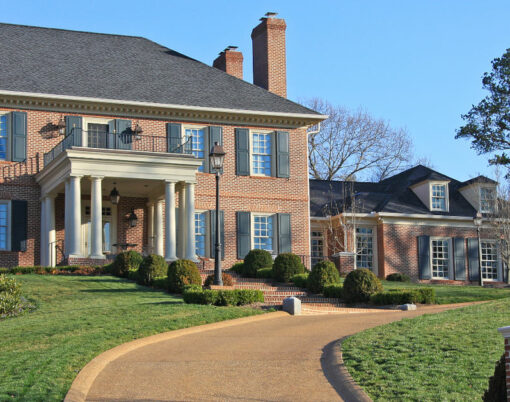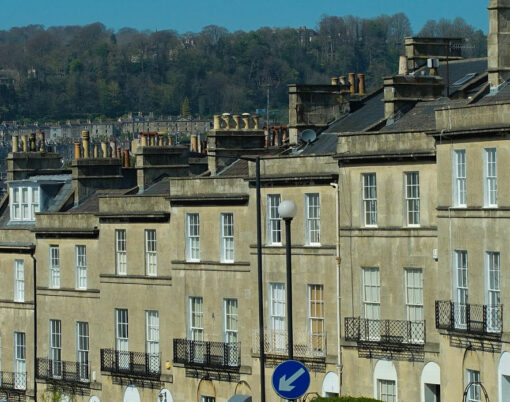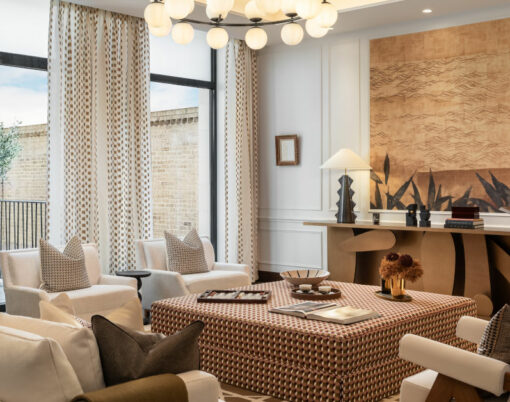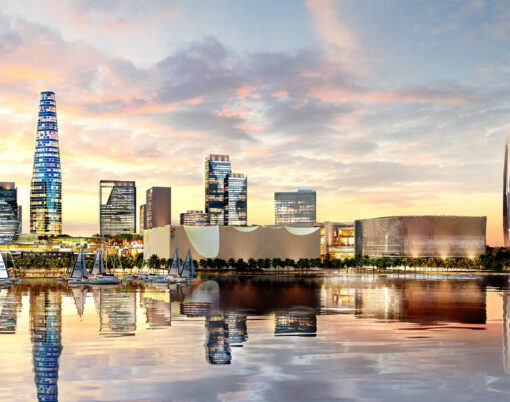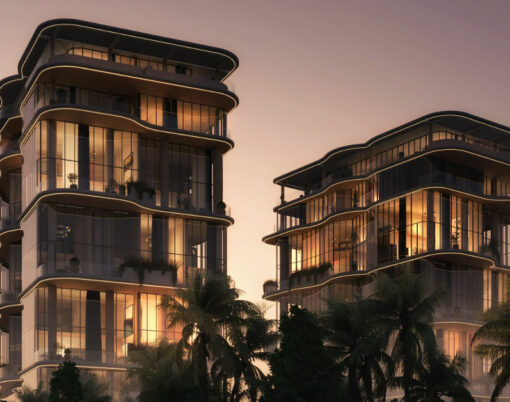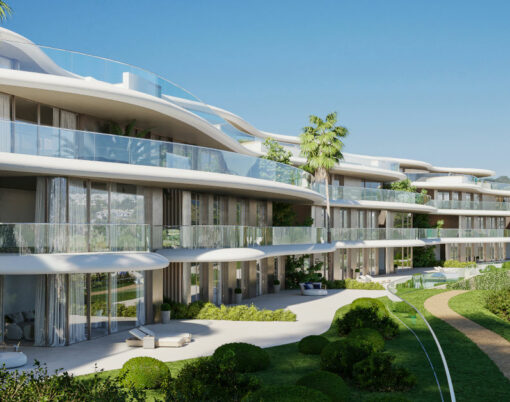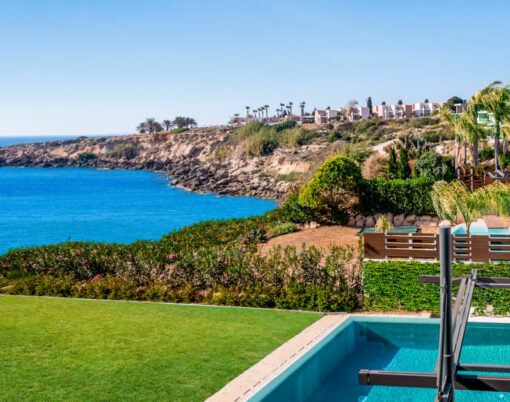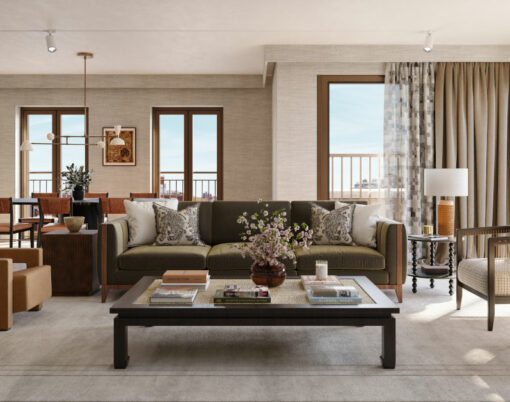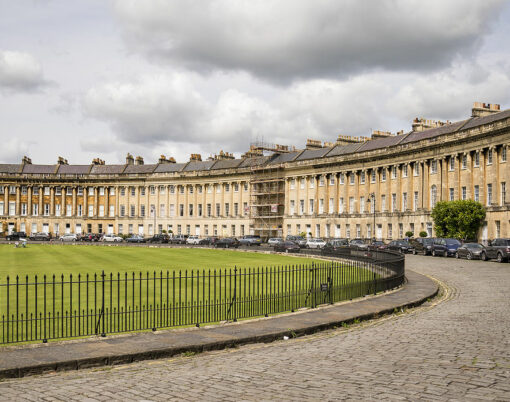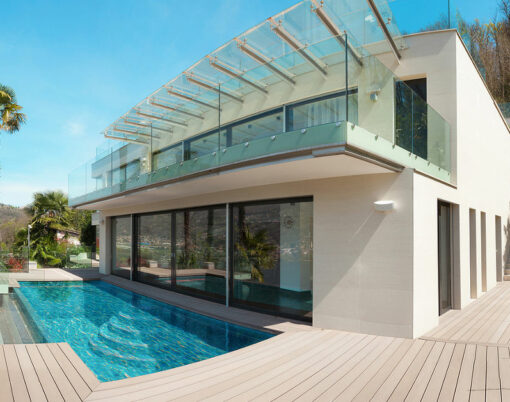Looking back over the past twelve months, it’s clear to see that the global Covid-19 pandemic has changed life as we know it in ways we couldn’t have imagined. But it hasn’t all been doom and gloom, as many of the adaptations we’ve had to make have paved the way for a simpler and more convenient way of life that is likely here to stay.
Whilst brands and businesses have been moving online for some while now, the pandemic has catapulted us firmly into the digital age, with restaurants, cocktail bars, fitness instructors and healers all pivoting their offerings to meet demands for virtual services. From workshops and webinars to virtual events, the result is that now we can access just about any product or service we want at just the tap of a few buttons – whether we’re at home, travelling, or at the office.
The luxury property market is one that has certainly had to adapt quickly, and as people around the world have continued to shift both their personal and business communication online, it has been essential that these high-net-worth customers are met exactly where they are at.
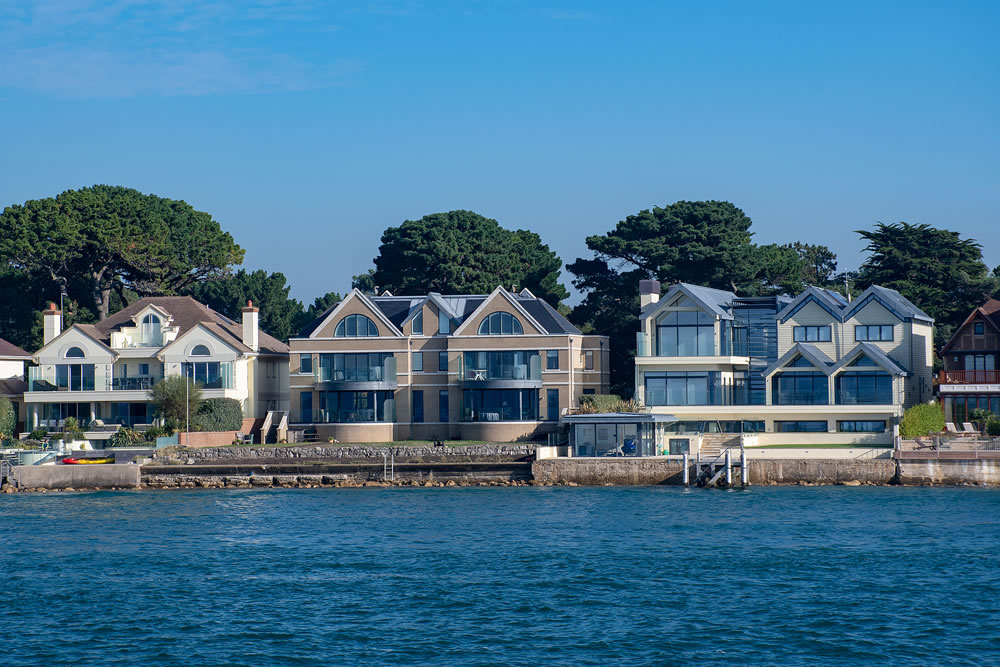
The endless months of working from home and enduring lengthy lockdowns hasn’t just changed the way we consume, but the way we communicate, too – with socialising and business meetings almost entirely relying on the likes of Zoom and Google Meet to keep us connected and up to date with what’s going on.
In May 2020 – shortly after the pandemic reached the UK – it was reported that both the provision and uptake of online workshops, webinars and virtual events had increased by a whopping 1000 per cent – and over the twelve months that have followed, that number has continued to grow.
This change in our behaviours – which many believe may continue in some form for the long-haul – has meant that almost every sector has had to adapt accordingly – and the luxury real estate market has undergone something of a transformation as a result in order to survive these challenging times. In fact, the dramatic shift towards a more digital way of life has opened up a plethora of new marketing opportunities and the chance to provide an even more superior level of service – something that high calibre and wealthy clients will no doubt appreciate.
As luxury real estate businesses continue to search for the newest and most innovative ways to communicate with customers, video production has come into its own – allowing agents to show off properties in all their glory from afar, and making remote sales and purchases of homes and estates easier than ever before.
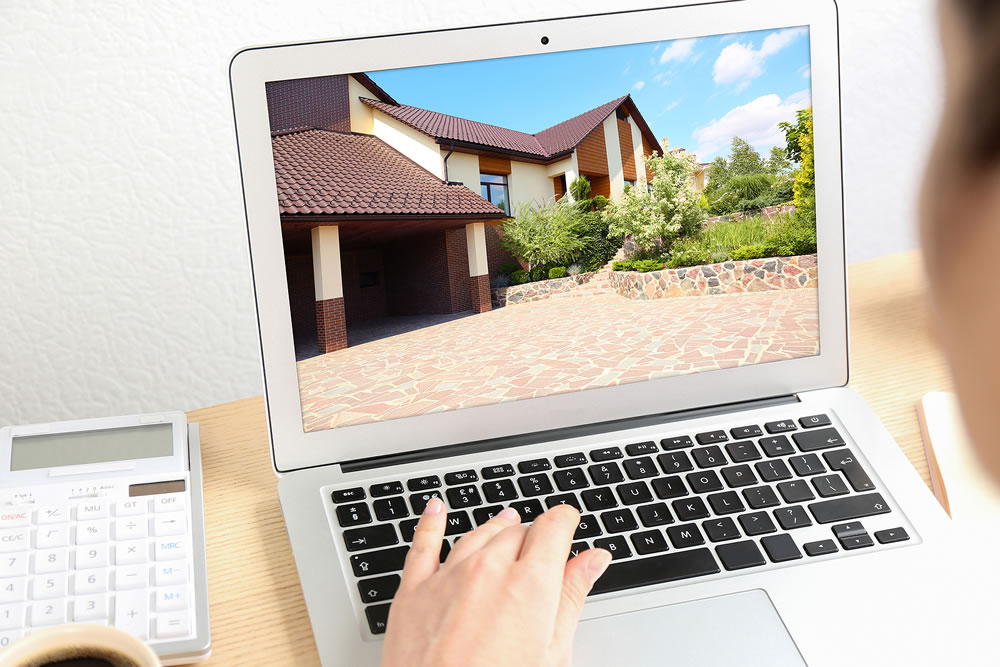
Virtual tours
Some of the biggest names in luxury real estate have been offering virtual properties for some while now, but the pandemic has seen the number of agencies adopting the practice continue to rise. Allowing potential buyers to enjoy a 360 virtual tour of a property and get a real-life feel for the layout, they have quickly become indispensable as a marketing tool.
International luxury real estate giant Sothebys has been quick to adopt this innovative strategy, placing specialised cameras strategically throughout homes to create a transformative method of home viewing online.
Foreign buyers have long been engaging in virtual reality showings – so in a sense this is nothing new – but the practice has now become commonplace amongst high-net-worth property buyers, and thanks to the convenience it offers, may well be here to stay.
Virtual open houses
Open houses, which typically see a property opened up for viewings for several hours to accommodate all interested parties, are common within the luxury market, and provide an opportunity for agents to style homes perfectly in order to show them off in all their glory, with the aim of making a quick sale and securing the right price.
But with conventional events like these largely unable to adhere to social distancing guidelines and the rule of six, real estate companies have had to think quickly to ensure that business can continue without a hitch.
The answer? Virtual reality open houses, which facilitate a 360 live walk-through experience online and allow large numbers of potential buyers to tune in at once. Not only do they save time, but they also give agents the chance to show off a property just as they would do in real life – an experience that often can’t be recreated during individual viewings.
The likes of Million Plus, Christies and Strutt and Parker have all taken advantage of this valuable marketing tool, and have reported a boost in both national and international sales as a result.
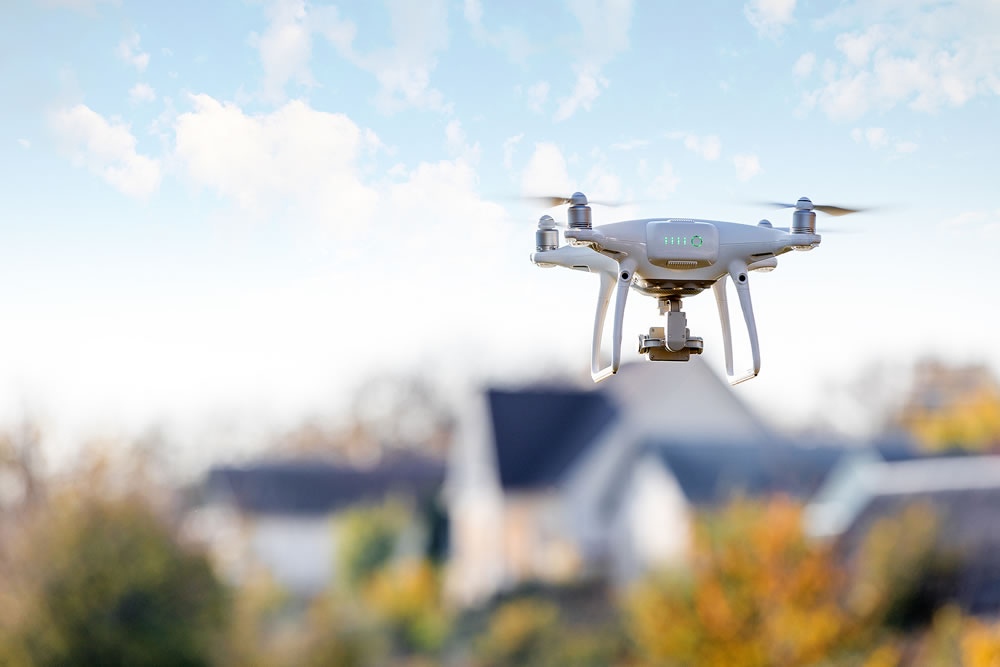
Drone videos
For customers looking to purchase larger estates, drone video footage affords them a bird’s eye view, and offers many benefits when it comes to both busy agents and buyers. For those who can’t make it to view in person, drone footage can be shared virtually to allow them to do so from afar – whether from the comfort of their sofa during lockdown, when travelling, or at the office.
For potential buyers who are short on time, spending several hours walking a large property is often impractical, and if you add bad weather into the mix, even more so. It’s easy to see why drone footage has become an essential tool for the luxury real estate market, and one that is almost certainly here to stay.
Video testimonials
When looking to land new customers, most businesses utilise social proof to show off their skills and expertise. Video testimonials from past or ongoing clients have become an efficient and effective way to showcase their excellent customer service and proven results, and help to foster a level of trust that written testimonials simply can’t.
The bottom line
There’s no denying that the luxury real estate market has moved firmly into the digital age, and the shift has made communication with customers simpler and more effective than ever. Thanks to technological innovations in video, the experience for prospective buyers has been transformed, and this quick-to-adapt sector has managed to successfully weather the storm that has come with the global pandemic as a result.












